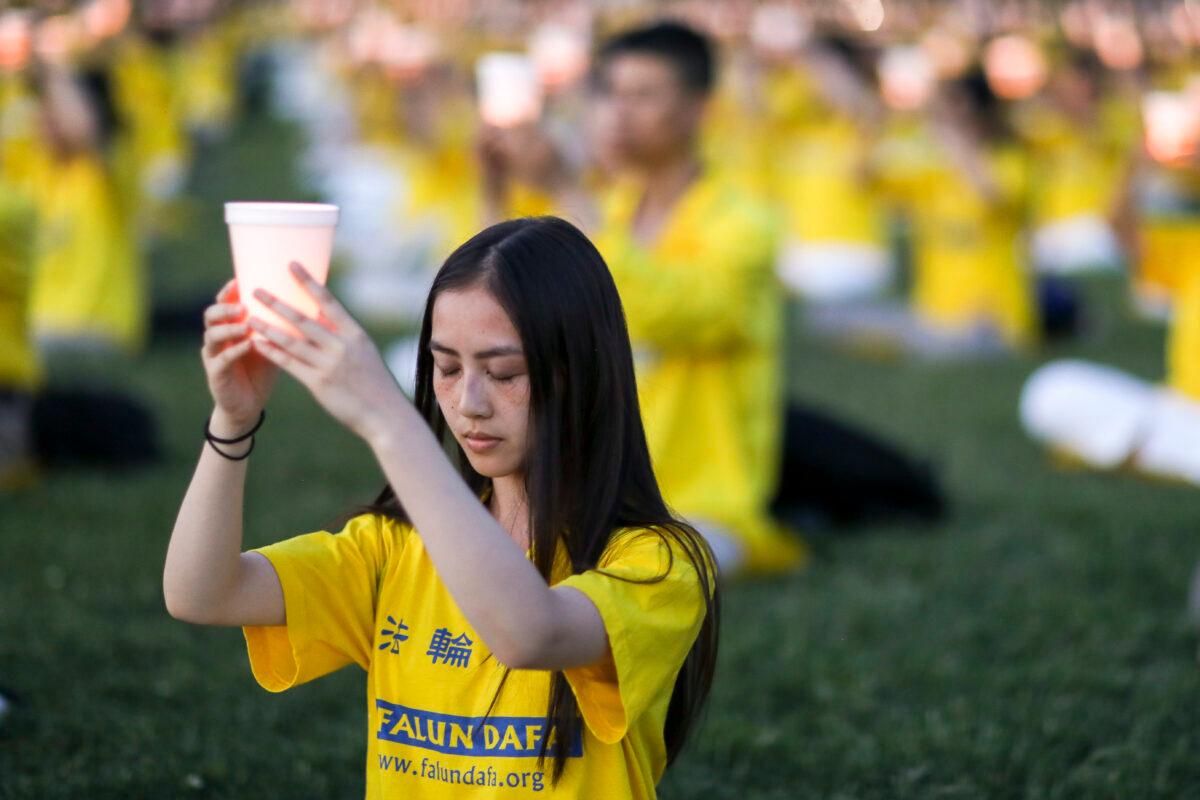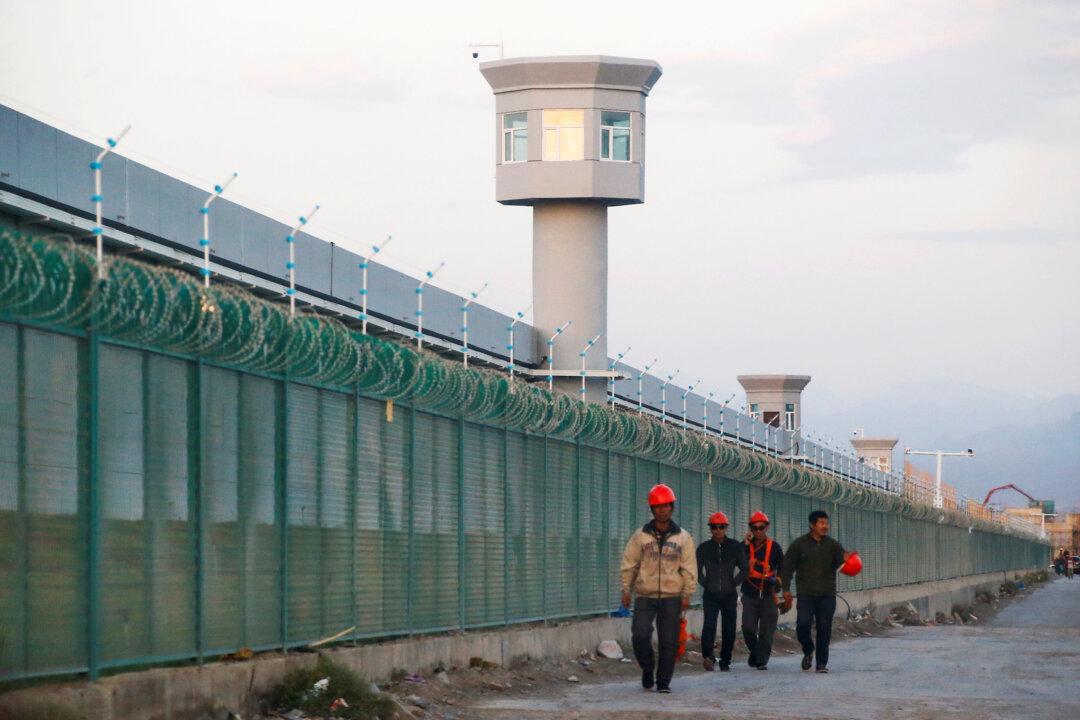The House on Tuesday passed legislation aimed at cracking down on the exchange of goods made in forced labor camps by Uyghurs in China’s Xinjiang region.
Lawmakers on both sides of the aisle have called for action to fight human rights abuses in China.
“There is strong, diverse, bipartisan, and bicameral support for this legislation,” McGovern said on the floor ahead of the vote, adding, “it is time for Congress to act.”
He spoke of lawmakers watching “in horror” as the Chinese regime, in recent years, established and then expanded a system of mass incarceration camps, in which a series of grave abuses have taken place.
“As many as 1.8 million Uighurs and members of other predominantly Muslim ethnic minority groups have been arbitrarily detained in the camps and subjected to forced labor, torture, political intimidation, and other severe human rights abuses,” he said, adding that some of the practices the Chinese regime is allegedly engaged in, liked forced sterilization, may violate the UN Convention on Genocide.
“You can look at what China did to the Tibetan Buddhists and still [does]: the persecution, keeping the Dalai Lama out of the country,” he said. “You can look at Xinjiang which is probably the most egregious religious persecution taking place in the world today. A million Muslim Uyghurs in concentration camps,” he said, adding that outside China’s harsh penal facilities, the communist regime continues its repressive tactics via an elaborate system of social control.
“And then if you get out of those, you’re in this police state of a virtual prison by all the cameras, the facial recognition systems, and the limitations on you, the destruction of the house church, the desire to control the Catholic Church, the persecution of Falun Gong, the credible reporting now of taking place of organ harvesting,” he explained.
Practitioners of Falun Gong, a traditional Chinese spiritual discipline, have been subjected to a relentless persecution that began in 1999, which some scholars have described as the playbook for the current repression of ethnic minorities in the Xinjiang region.

Brownback added that the Trump administration has gotten tough on China’s communist abusers.
“You’re seeing the Trump administration go hammer and tongs at these human rights abuses and particularly religious freedom abuses that are taking place in western China. We are going at the companies that are then used in the forced labor, that is being forced by the Chinese Communist Party. We are going at the entities that their technology is being used to observe and to oppress people,” he explained.
On the floor of the House on Wednesday, Rep. Ted Yoho (R-Fla.), who co-sponsored the bill, compared the abuses perpetrated by China’s communist regime in Xinjiang to concentration camps in Nazi Germany.
“As members of Congress, we have a moral obligation to ensure that the state-sponsored campaign of ethnic cleansing and forced labor reminiscent of the concentration camps of the Nazi regime—when we swore as a world community, ‘Never again!’—be shut down and punished to the fullest extent of U.S. and international law,” he said.
Yoho added that America’s business community also has a moral obligation “to not appease China in the name of profits.”





